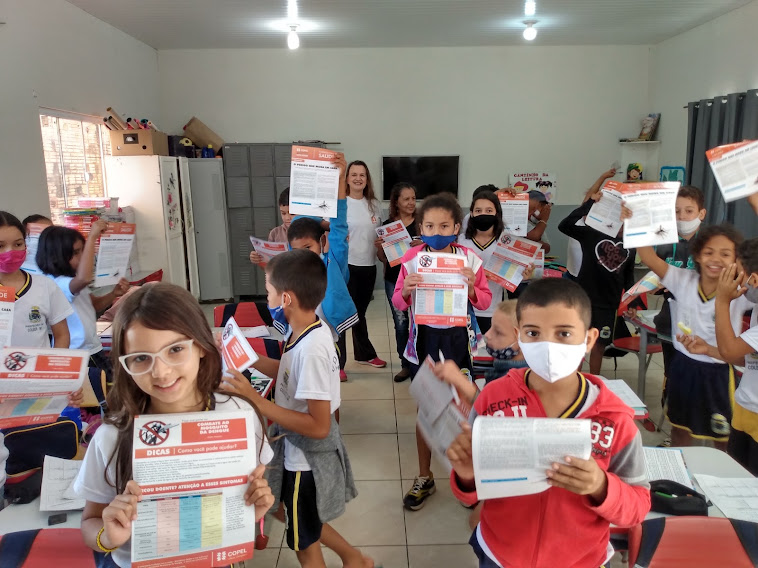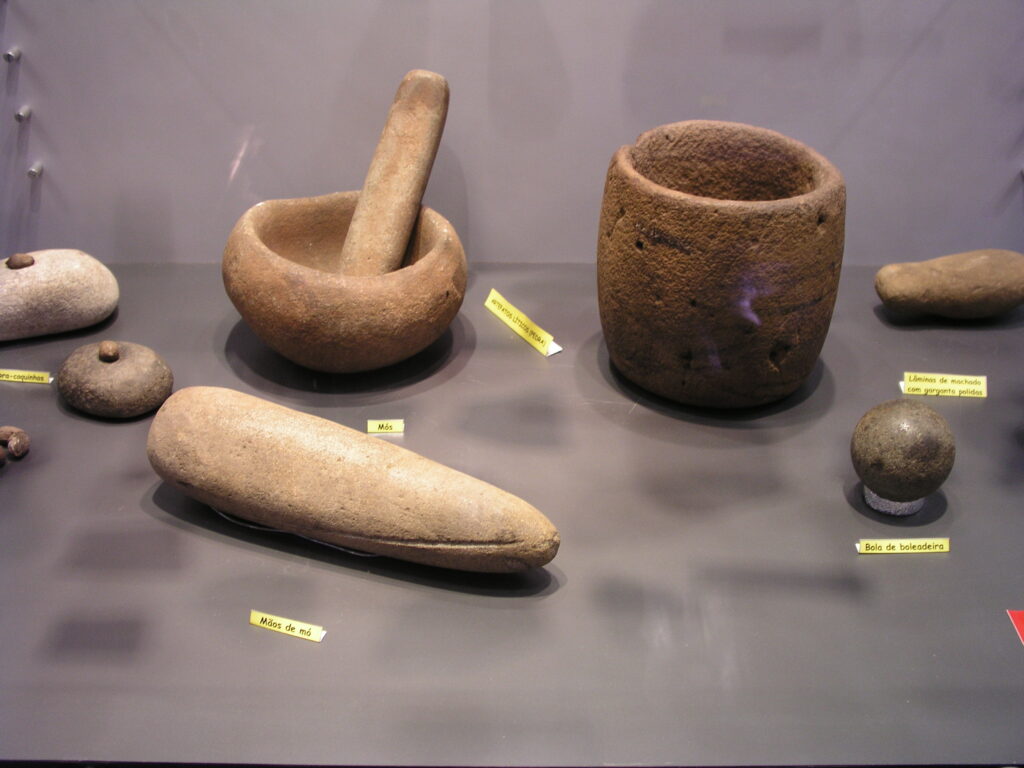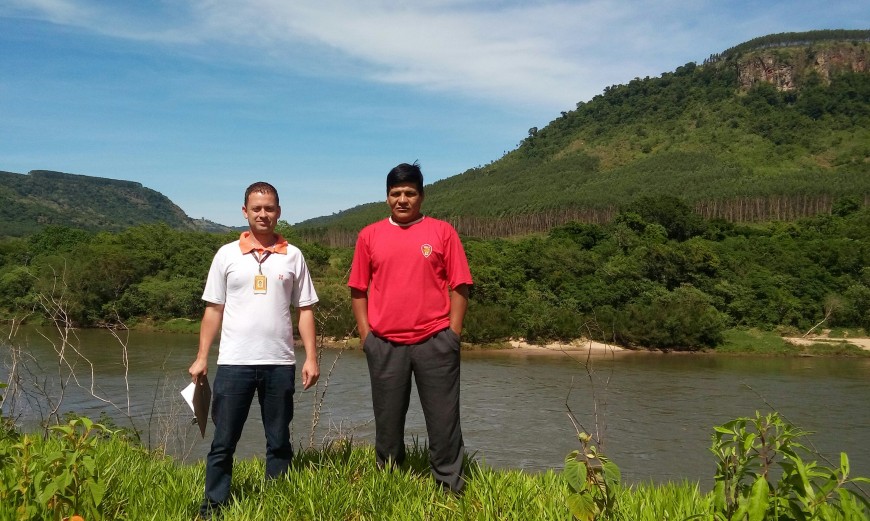Sociocultural
Copel has generation, transmission and distribution assets in different locations in Brazil, for which it pays special attention to the socioeconomic and cultural components of the region.
In the implementation and operation phases of the undertakings, the negative impacts of the installations are duly identified and evaluated during the phase of prior socioenvironmental studies, in order to be controlled, mitigated and/or compensated in the subsequent phases, with a view to obtaining environmental licensing.
For this reason, various types of studies are carried out on the populations potentially affected by the company’s facilities, as well as actions to engage with the local community and social responsibility projects, including public hearings, when applicable, in addition to environmental education, social communication, environmental awareness programs with construction workers and community relations.
Studies and programs are also conducted in the field of cultural heritage, including archaeological, listed, valued, and registered assets, as well as heritage education. Finally, support activities are carried out for municipalities, as well as the monitoring and promotion of economic activities likely to change due to the installation of Copel’s projects.

Cultural Heritage
According to article 216 of the Federal Constitution, Cultural Heritage comprises a broad set of references produced by society. All forms of expression, such as ways of creating, doing and living, as well as scientific, artistic and technological creations, works, objects, documents, buildings and other spaces intended for artistic and cultural manifestations and, also, urban complexes and sites of historical, scenic, artistic, archaeological, paleontological, ecological and scientific value, which refer to Brazilian society, constitute the so-called Cultural Heritage.

Corporate Memory
Copel is concerned in keeping the history of energy and the legacy of the Company’s knowledge, as well as transmitting this memory to future generations, preserving the history of the Company and of the electric power industry, as well as the facts and collections of regions impacted by implementation of its projects.
Traditional Communities
Copel participates in meetings of the State Council of Indigenous Peoples and Traditional Communities of Paraná – CPICT, seeking to provide special assistance in accepting demands and providing clarifications to all participants.




